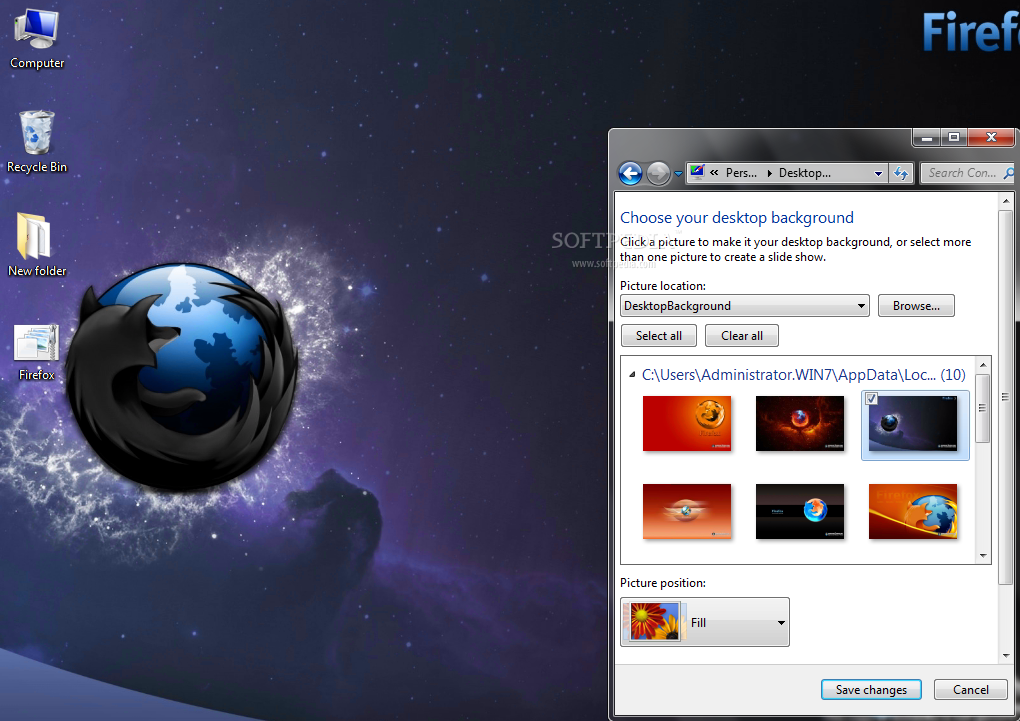

If you see “(32-bit)” and you are running Firefox 56.0 or older, updating to the latest Firefox version should automatically upgrade you to 64-bit.Check your Firefox version (in the “About Firefox” window) and look for “(32-bit)” or “(64-bit)” after the version number: If you’re running 64-bit Windows ( here’s how to check), your Firefox may already be 64-bit. Linux and macOS users, fret not, you already enjoy a Firefox that’s optimized for 64-bit. Also, with the jump from 32 to 64 bits, a security feature called Address Space Layout Randomization (ASLR) works better to protect you from attackers.

Here’s the key thing to know: 64-bit applications can access more memory and are less likely to crash than 32-bit applications. What’s the difference between 32-bit and 64-bit? How much less? In our tests so far, 64-bit Firefox reduced crashes by 39% on machines with 4GB of RAM or more.

That means you get a more secure version of Firefox, one that also crashes a whole lot less. Users on 64-bit Windows who download Firefox can get our 64-bit version by default.


 0 kommentar(er)
0 kommentar(er)
